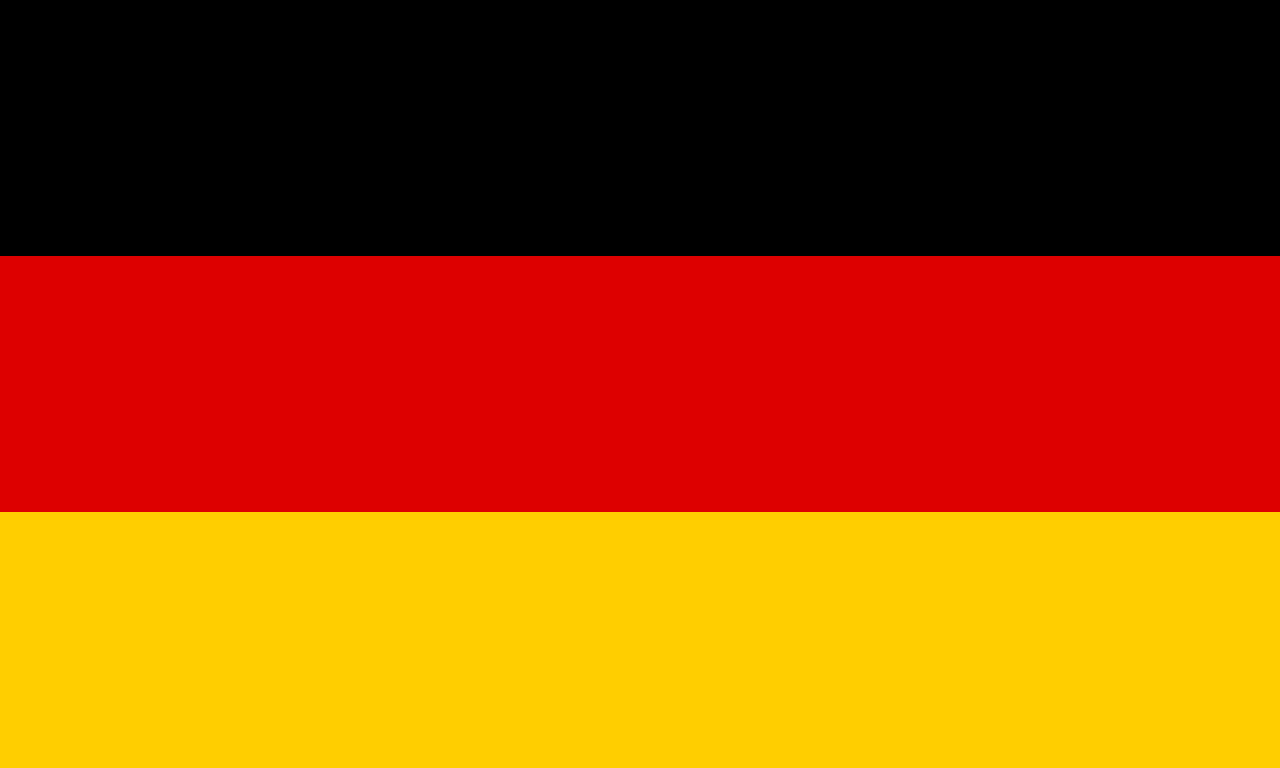The Federal Government of Germany is making Rs 3.36 billion (EUR 30 million) available for the post-earthquake reconstruction of Nepal. In addition to the current areas of priority agreed between the Nepal and German governments, the funds will provide support to rebuild infrastructure including heritage sites, damaged roads, hospital buildings, private homes and drinking water supply among others.
Germany has a remarkable standing in the conservation and maintenance of Nepal’s cultural heritage sites. Bhaktapur restoration project, starting since 1987, was a flagship cooperation program, which successfully preserved the original shape and art of not only Bhaktapur Durbar Square but also of old Bhaktapur town. This area has been severely hit by theApril 25 earthquake. Preservation of manuscripts together with the Department of Archaeology was another milestone development work.
Thapathali Engineering Campus, established in 1967, jointly inaugurated jointly by King Mahendra and German president Heinerich Luebke during his state visit to Nepal. Its main campus stands severely hit by the quake and needs rebuilding.
“We are scaling up our support to Nepal, to assist the country with the difficult task of reconstruction”, German Development Minister Gerd Mueller had announced in the media on May 13, immediately after the second big earthquake. Nepal government needs generous support to strengthen its financial abilities since huge amount of money is required to restore the massive destruction by the two earthquakes above 7 M in the span of two weeks.
According to government statistics, more than eight million people in Nepal are affected by the impact of the first severe earthquake two weeks ago. More than 450,000 houses have been destroyed, the infrastructure has broken down in large parts of the country – many people have been left homeless.
“Nepal and Germany enjoy excellent relations. Our development experts are already on the field. We are announcing these funds to the government of Nepal during its meeting with the donors”, said Ms. Jacqueline Groth, the Head of Development Cooperation in German Embassy Kathmandu, during a coordination meeting with German NGOs on 27th May. She added, “These NGos, since the day of the quake on April 25th, have strongly participated in rescue and relief works.”
The German commitment is quite likely to come through the government’s National Reconstruction Fund, specially after the common Post-Disaster Need Assessment, prepared in partnership with Germany and other donors. This would motivate other donors to follow the step in a situation when many have been pushing for spending through their own instruments. The administrative costs and overheads of these parallel instruments, existing in several scores, would use up considerable amount of money, which could be saved while spending through Nepal government’s channel.
Nepal has about 200 active INGOs and they have their own spending channels. The amount of money spent for their machineries would be in billions of rupees, expert calculations have revealed. Many INGOs have seen new fund raising opportunities in Nepal earthquake. Many of those, packing up due to fund crunch, have applied for new project agreement with Social Welfare Council of Nepal, the government body monitoring INGO activities in Nepal.



